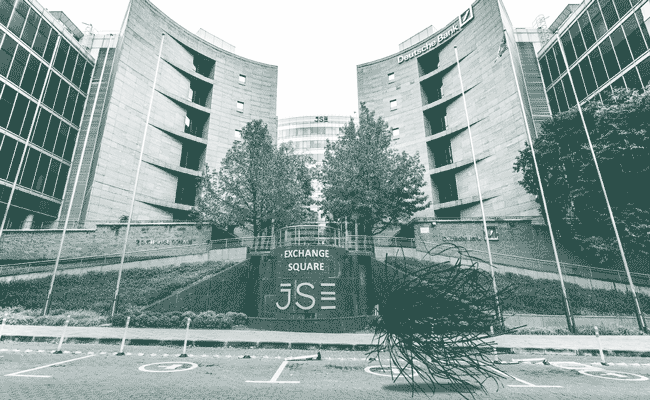Taking stock: 2023 delistings at the half-way mark
- AmaranthCX

- Jul 2, 2023
- 3 min read
Updated: Aug 8, 2023
South Africa's public market continues to wither away - at least if your measure is the number of companies with listed securities on the JSE and the other SA exchanges.
Corporate action activity generally picks up in the second half of the year, and yet by 30 June 2023 SA had already had 14 companies delist their ordinary shares. This suggests that local markets are well on track to match or exceed 2022's 27 delistings.
Just two companies have listed their securities on the JSE in this time - Copper360 and Premier Foods - and one transferred from the defunct ZARX to the CTSE.
YTD delistings as at 30 June 2023

Four additional delistings are locked in and appear certain. These are Steinhoff, Advanced Health, Indluplace Properties and Premier Fishing. There are a further 6 companies that have a reasonable probability of having their securities delisted, but where the delisting is not yet certain.
Finally, there are 13 companies in various degrees of distress which have had their securities suspended from trading. It is very unusual for South African companies that have been suspended to return to trading - delisting is usually inevitable. A recent exception was the return to trading of Mantengu Mining - an unusual resurrection of the old Mine Restoration Investments.
Suspended Securities

Finally we must all be wary of the specious arguments that all is well in SA's public markets because the gross market capitalisation continues to increase or that the average market capitalisation of the 100 largest companies continues to increase. These are both true, however the majority of the gross market capitalisation of the local markets is in fact not local, nor is it owned by local investors, nor does it trade locally.
The JSE's practice is to count 100% of the market capitalisation of foreign secondary listed companies in its own statistics. This means that 100% of companies like BHP, Glencore or British American Tobacco are counted in local statistics as if they were entirely local companies. This is clearly not the case, and this distorts the averages too, as over 60% of the JSE's gross market capitalisation is now made up of such companies. Note that this is not the case for index weightings, where market capitalisation is moderated to take into account actual local ownership.
Worse, when companies with a secondary listing on the JSE issue shares to investors in their home markets, sometimes even expressly excluding SA resident investors from the issue, it is counted as equity capital raising on the JSE. Even the SA Reserve Bank Quarterly Bulletin only recently updated its wording to reflect that an equity capital raising "on the JSE" is in fact mostly not "on the JSE" at all.
National Treasury, the policy making department responsible for our public markets, recently came out and basically said, and I liberally paraphrase "there is nothing to see , nor to be done, here" when asked for their reaction to the public market delisting crisis (Financial Mail, April 20, 2023). Perhaps it is because they have been convinced by the plainly distorted market capitalisation and equity capital raising statistics that all is well with the overall market and the ability of growing or smaller companies to raise primary capital in SA?
South Africa's public market has been a real advantage to the country for decades, playing in a league far higher than the size of our economy would suggests it should. It seems, however, that the policy makers are, by commission or omission, happy to give that advantage up. And it seems equally that the market participants, like the JSE itself, have either been using the wrong arguments or they have not been arguing at all.
South Africa needs policy interventions to breath life into its public markets - there are lots of examples of successful interventions on other markets - without which the delisting trajectory looks to continue.


Comments